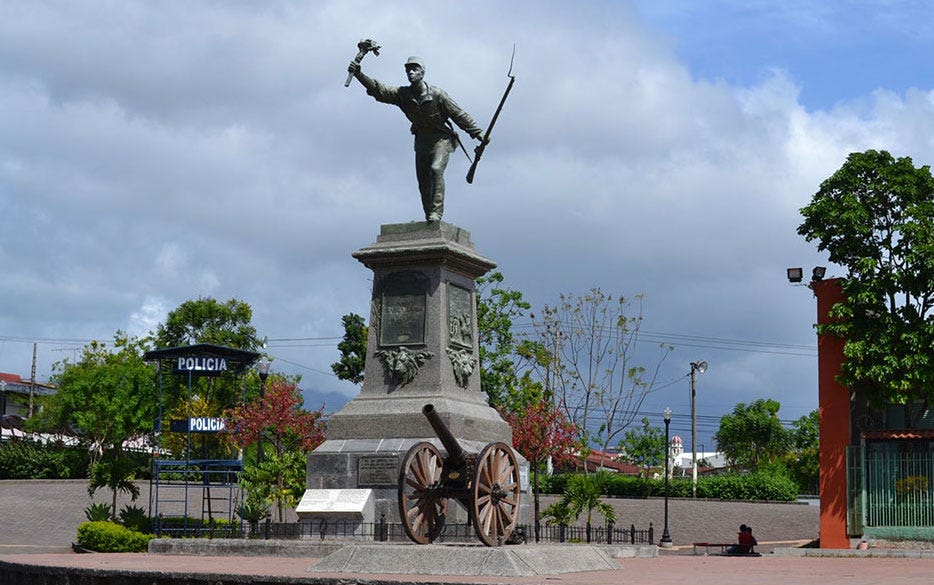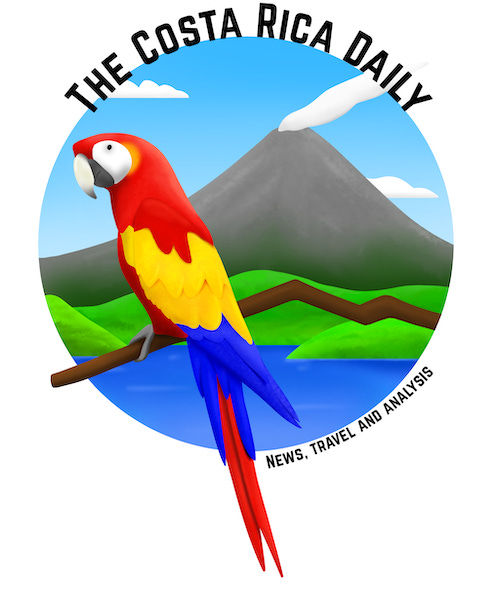Remembering Costa Rica's war figures on U.S. Memorial Day
As the US celebrates Memorial Day, we recognize some of Costa Rica’s own military figures.
Given that it abolished its military in 1948, it’s no surprise that Costa Rica has relatively few war heroes.
On this Monday, as the United States celebrates Memorial Day and honors those who died while serving, we recognize some of Costa Rica’s own military figures.
Juan Santamaría
Who he was: A drummer in the Costa Rican army.
What he did: During the Second Battle of Rivas in 1856, he volunteered to step into gunfire with a torch and set fire to a building in which U.S. mercenary William Walker and his filibuster army were barricaded. As the (disputed) legend tells it, Santamaría was mortally wounded, but his efforts were successful and Costa Rica successfully fought off the U.S. invasion. Today, Santamaría is Costa Rica’s most recognized war hero. Read more about that here.
‘Juanito’ Mora Porras
Who he was: Costa Rica’s president from 1849-59.
What he did: He declared war on the aforementioned filibusters, and his speeches helped galvanize support against the invasion. He joined the Costa Rican army as they battled William Walker, and at the Battle of Santa Rosa, Costa Rican troops successfully expelled the U.S. American from the national territory.
Francisca Carrasco Jiménez
Who she was: A farmer.
What she did: At the age of 40, she enlisted to fight William Walker, becoming Costa Rica’s first woman in the military. Relegated at first to traditional female roles (nurse care, cooking, etc.), she was instrumental in the Battle of Rivas with a rifle and a pocket full of bullets.
Gregorio José Ramírez y Castro
Who he was: A mariner.
What he did: During Costa Rica’s first civil war in 1823, he led troops into battle against the Imperialists, a sect that wanted the country to be annexed by Mexico. José Ramírez was victorious, resulting in a new capital (San José) and a unified country.
… and many others
Costa Rica declared war against Germany in World War I and World War II, though its actual military involvement in both was minimal. But the wars did reach Costa Rican shores, perhaps most notably in 1942, when a German U-Boat killed dozens by torpedoing a ship in Limón.
Costa Rican immigrants have also served for the United States in various military efforts, including World War II and Vietnam.



